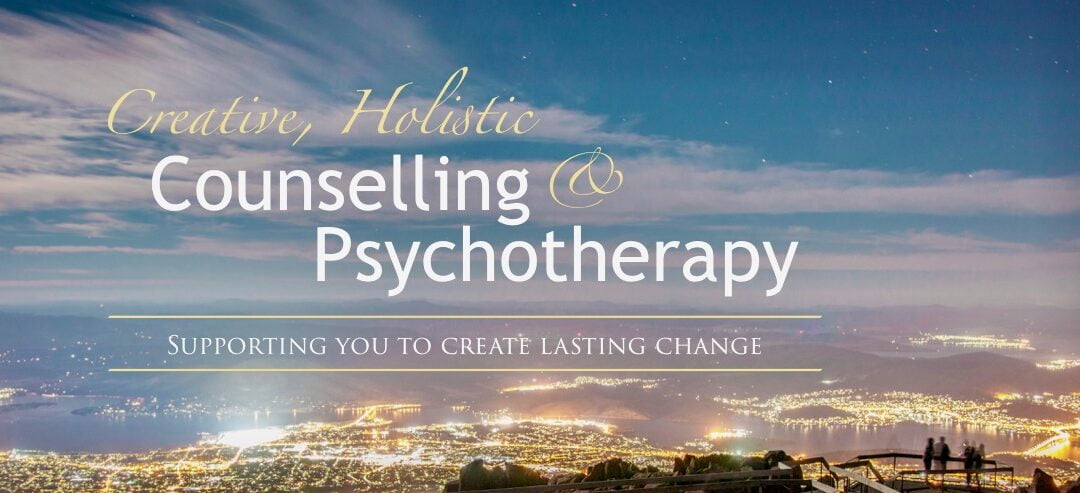Counseling and Psychotherapy – Some Similarities & Differences…
Counseling and Psychotherapy will each support your mental/emotional wellbeing, however there are some similarities and some differences. In general, Psychotherapy maintains a focus on longer-term issues or chronic patterns and an individuals growth, whereas Counselling aims to help people develop “psychological” flexibility in order to resolve current issues.
Counseling and Psychotherapy are each aimed at supplementing & strengthening both an individuals general mental/emotional well-being or a couples shared sense of mental/emotional wellbeing. The therapeutic journey is an intimate relational experience which differs from a “natural” relationship, in that it offers an unbiased perspective on your particular life difficulties.
Psychotherapy is typically a more in-depth, long-term process that focuses on a person’s felt sensibility and their (sum total) lived experience. The ultimate aim of Psychotherapy is to assist people to develop their unique capacity to enjoy a purposeful, meaningful life and with an emphasis on facilitating their personal growth.
Counselling on the other hand, is more likely to centre around short-term talk therapy. The focus is on supporting generally autonomous independent people, to develop practical solutions to their current issues. Individuals generally utilise Counselling to develop strategies, actions and modified behaviours that help to make their daily life more meaningful and enjoyable.
There are many circumstances in which both Counselling and Psychotherapy are helpful however and so it’s not uncommon for an individual (or couples) to engage with both therapeutic approaches. The table attached in the downloadables section on the resources page of my website offers further information about the differences between Counselling and Psychotherapy.
Best
Susan JW
Holistic Counsellor

